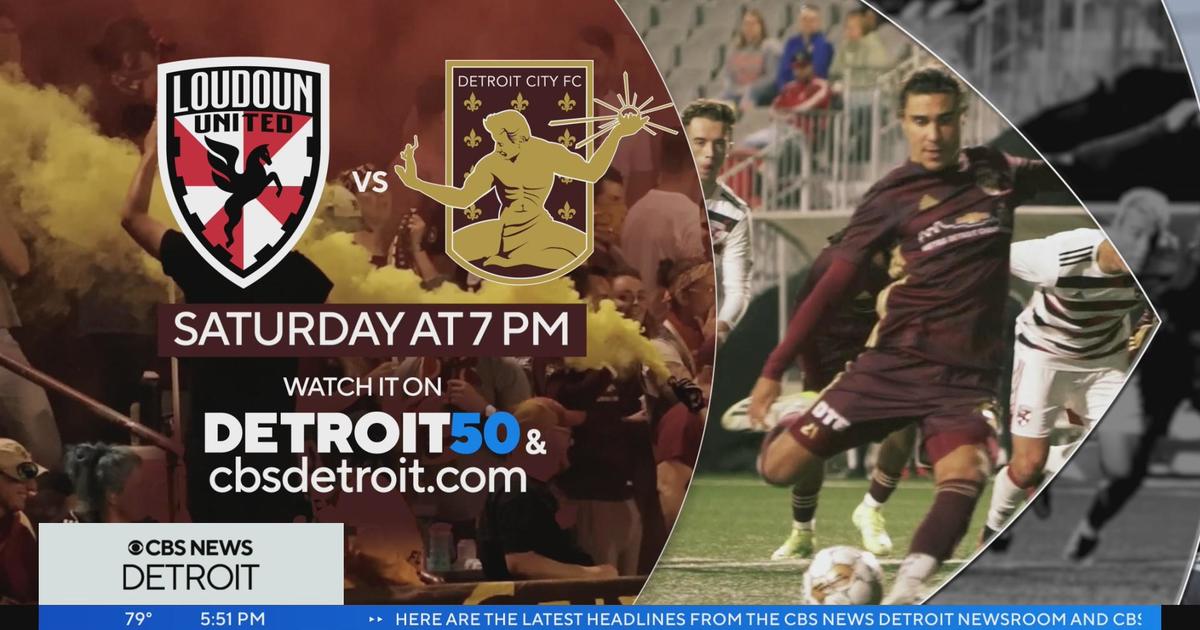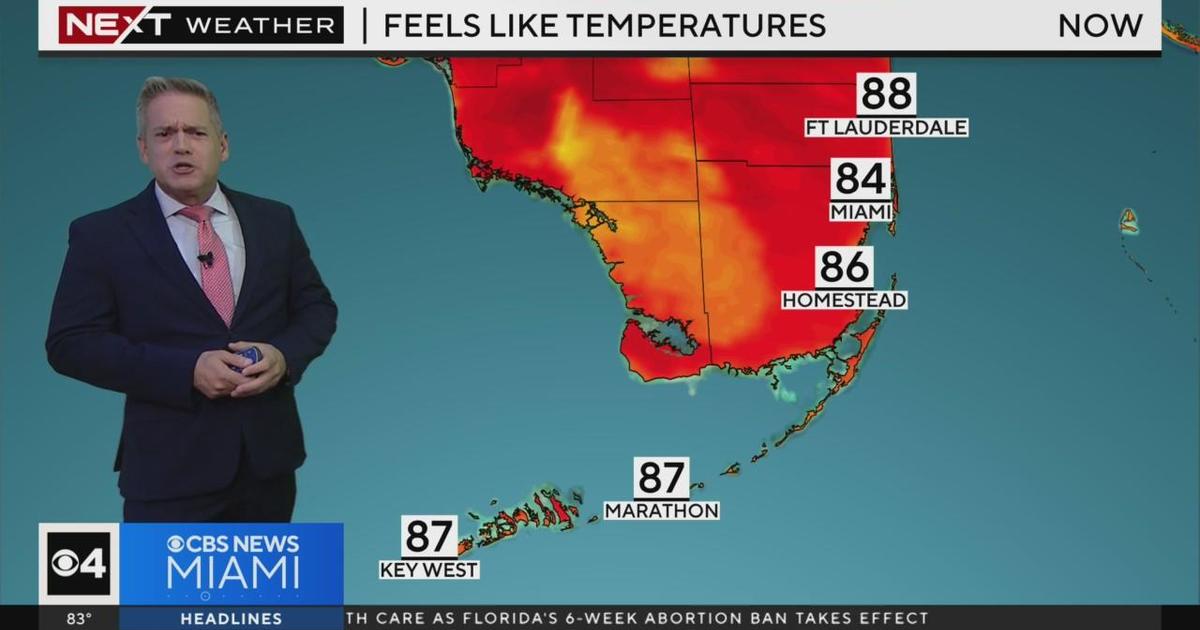Politics
Newsom calls for increased oversight of local homelessness efforts
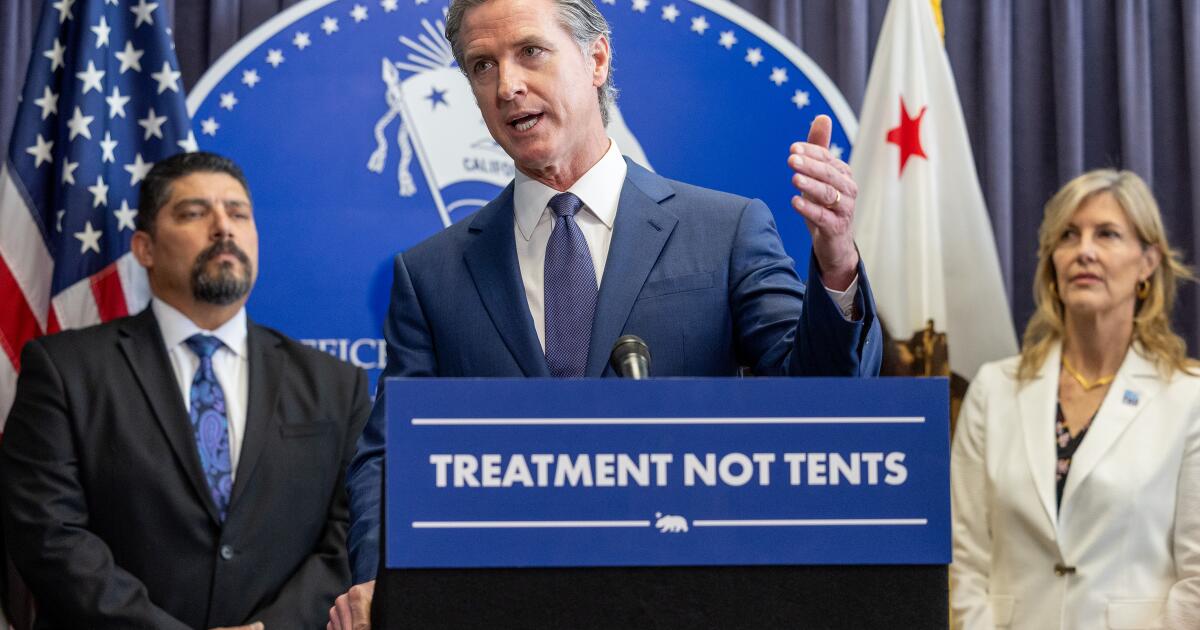
Frustrated over the lack of progress on homelessness in California, Gov. Gavin Newsom is calling for increased oversight of cities and counties that receive state funds in an effort to hold them accountable to deliver results.
Newsom’s more aggressive stance is the latest example of the governor wanting local governments to do more to lessen homelessness, which has worsened in his tenure despite more than $20 billion in state funds spent on programs to help over the last five years.
The governor’s plan seeks to expand a unit that was created in 2021 within the Department of Housing and Community Development to enforce local compliance with state housing law. The unit’s work has resulted in Atty. Gen. Rob Bonta filing lawsuits against cities, such as Huntington Beach, for refusing to build enough homes.
“Local governments have told us that they have plans to reduce unsheltered homelessness,” said Jason Elliott, Newsom’s deputy chief of staff. “They’ve written that down, and they’ve signed on the dotted line. This reform is about making sure that those promises get fulfilled.”
The proposal would broaden the responsibilities of the Housing Accountability Unit to include oversight of state homelessness grants to cities and counties and whether local governments follow through on their plans to reduce unhoused populations and adhere to state laws. Through the state budget process, the proposal seeks to shift nearly two dozen staff members into the unit to focus on local homelessness oversight and enforcement.
Newsom also wants lawmakers to pass legislation that would, beginning in 2027, in effect require jurisdictions to zone housing for homeless populations and give the state another avenue to hold local governments accountable for reducing homelessness.
The changes “create a pathway for jurisdictions to actually be responsive to that lower income category,” said Tomiquia Moss, secretary of the Business, Consumer Services and Housing Agency. “The zero to 30% area median income, which many of the folks who are unhoused fit within, has not had a housing requirement to it.”
Newsom’s plan is likely to receive support from advocates for the homeless and elicit concerns among some local governments about enforcement. His effort to punish cities and counties for not approving enough housing has drawn a mixed bag of reactions over the years, including concerns about the state infringing on the rights of local government.
The effort follows a report from the California state auditor’s office that found the Newsom administration failed to track and evaluate the effectiveness of billions of dollars spent on its own programs. Elliott said the state does not have enough data to determine the efficiency of its homelessness programs and added “we’re really not getting information from local governments about whether or not they’re executing on their obligations.”
Expanding accountability, Elliott said, will hold local governments responsible for delivering solutions and tracking performance in exchange for billions in state funding.
The proposal marks a new effort by Newsom to address homelessness, a pernicious problem in California tied to a shortage of housing, the high cost of living and a drug abuse and mental health crisis. At last count, the state’s homeless population stood at 181,000.
Newsom has highlighted homelessness as the top policy priority of his governorship, and in doing so, also made the issue his greatest political vulnerability. Fox News and conservative politicians repeatedly draw on the image of encampments lining California sidewalks as an example of his failures as governor and as a rebuke of Democratic leadership.
The governor is acutely aware of the criticism and sends pictures to his aides of encampments from his travels throughout the state as a reminder that they all can do better.
Newsom has repeatedly criticized local governments for not taking a more aggressive stance to address homelessness and mental health needs in their communities as he takes on progressives in his own party by employing a more moderate approach to the problem than on any other policy issue.
Eager to make progress, the governor successfully advocated for changes to the law to permit compelling people with severe mental illness and substance disorders into care. He recently referred to the narrow passage Proposition 1, his March ballot measure to boost funding and treatment beds for mental health, as an example of voters feeling cynical about the idea that more money would solve the problem.
“The results are not what any of us want them to be,” Elliott said. “Walk down any street in any major or small city in California and you know exactly what I’m talking about. So, this is really about homelessness spending and accountability and accountability for the actions that local governments are required to take.”

Politics
Adams, NYPD cite 'global' effort to 'radicalize young people' after 300 arrested at Columbia, CUNY

New York City Mayor Eric Adams and New York Police Department (NYPD) leadership cited a “global” movement to “radicalize young people” in announcing approximately 300 arrests at Columbia University and City College that took place overnight.
“I know that there are those who are attempting to say, well, the majority of people may have been students. You don’t have to be the majority to influence and co-opt an operation. That is what this is about. And so, if we want to play the word police, you could do so. I’m going to play the New York City police,” Adams said at a press conference. “There is a movement to radicalize young people, and I’m not going to wait until it’s done and all of a sudden acknowledge the existence of it. This is a global problem that young people are being influenced by those who are professionals at radicalizing our children. And I’m not going to allow that to happen as the mayor of the city of New York.”
Adams made clear that making arrests at schools and removing those who did not belong on campus is far from the end of the problem.
“We know that this is only a comma in the full sentence of public protection in this city. This is not a celebratory, a moment,” Adams said. “We can’t create environments while children could be in danger, and we must push back on all attempts to radicalize our young people in this city like we’re seeing across the entire globe.”
TWO COLUMBIA STUDENTS WHO FACED OFF WITH MOB SPEAK OUT, CLAIM A CAR FULL OF ‘MASKED PEOPLE’ SURVEILLED THEM
NYPD Commissioner Edward Caban, right, and Mayor Eric Adams appear at a press conference as Caban holds up chains and a lock removed by officers during their operation to clear protestors from Columbia University on May 1, 2024. (REUTERS/Mike Segar)
The day after Columbia University President Minouche Shafik was hauled before the House Education and the Workforce Committee in Washington, D.C., about growing antisemitism at the Ivy League school, Columbia leadership allowed police onto their private campus on April 18 to arrest over 100 people. However, as protesters reorganized and an anti-Israel encampment – involving even some professors who Shafik testified before Congress had been fired or reprimanded over antisemitic remarks praising Hamas’ Oct. 7 slaughter of about 1,200 Jews – persisted for about two weeks, the university president opted to keep police out.
Shafik instead had administrators attempting negotiations with protest organizers demanding the university “divest” from Israel. That was until demonstrators took over Hamilton Hall.
Approximately 300 people were arrested at Columbia and nearby City College overnight. Preliminary charges range from trespass to criminal mischief to burglary, police said.
In an apparent reference to Columbia University locking its gates to keep police out on the sidewalk, NYPD Commissioner Edward Caban held up chains at Wednesday’s press conference.
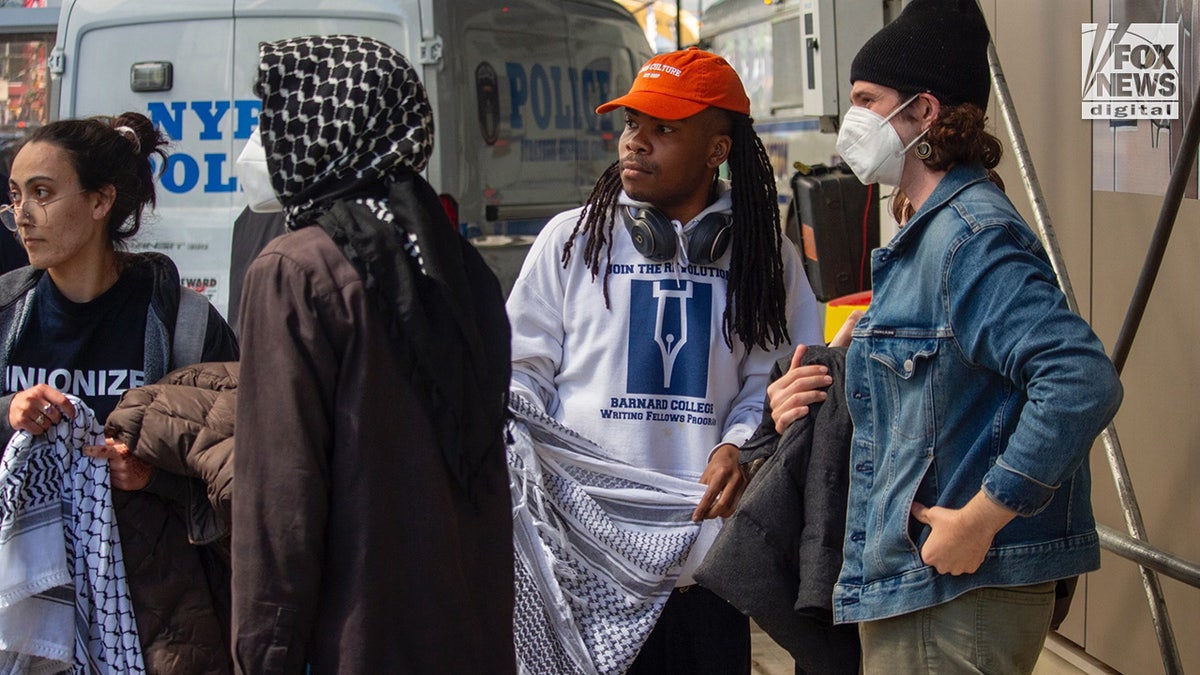
Anti-Israel agitators block bystanders’ views as protesters are placed in the back of a police vehicle in New York City on Wednesday, May 1, 2024. Roughly 300 protesters were arrested at Columbia University and City College overnight. (John M. Mantel for Fox News Digital)
“They tried to lock us out. But the NYPD and the people of the city of New York will never be locked out. And we will always work together to keep our city safe,” he said, slamming down the chains afterward.
Over the past week, Columbia leadership acknowledged in discussions with NYPD officials that “outside agitators were on their grounds training and really co-opting this movement,” Adams said, and, “at the request of Columbia University,” police conducted an operation to “to remove those who have turned the peaceful protest into a place where antisemitism and anti-Israel attitudes were pervasive.”
The mayor told reporters that those who broke into Hamilton Hall were “led by individuals who are not affiliated with the university,” and Columbia needed the assistance of the NYPD to clear the building and the encampment outside through a “dual operation.”
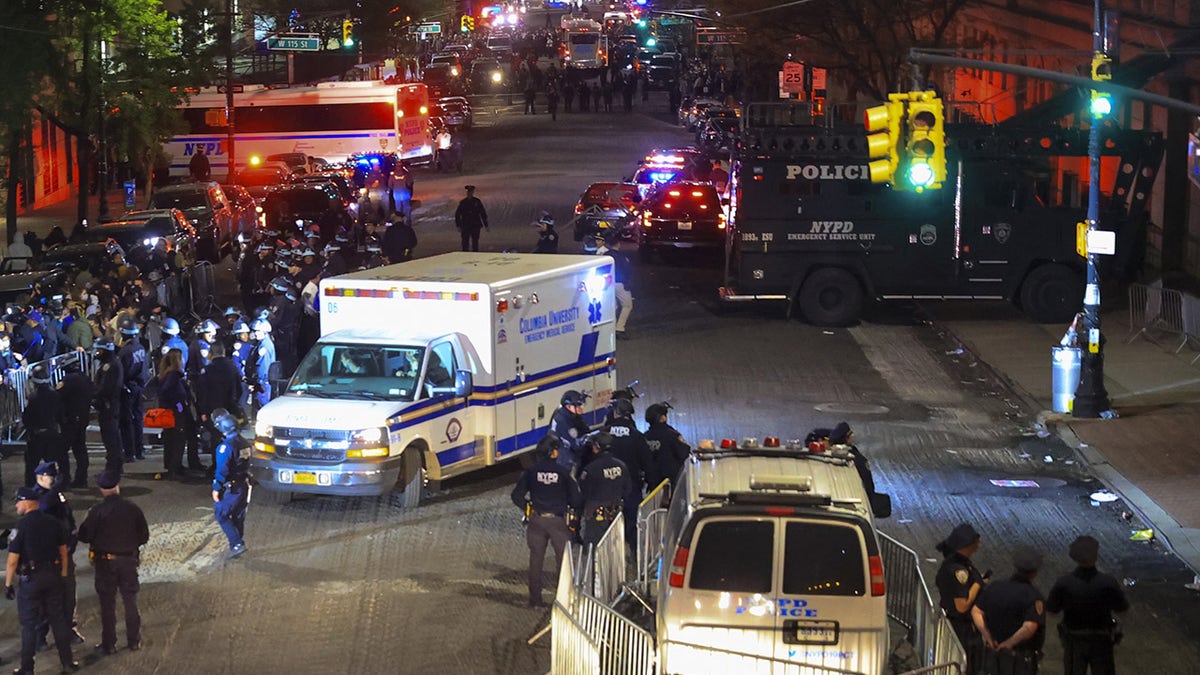
NYPD officers detain dozens of anti-Israel protesters at Columbia University after they barricaded themselves at the Hamilton Hall building near Gaza Solidarity Encampment earlier on April 30, 2024. (Selcuk Acar/Anadolu via Getty Images)
Recognizing “similar indicators” from the Black Lives Matter demonstrations of 2020, the mayor said campus protests involved “external actors with a history of escalating situations and trying to create chaos.”
“Students have a right to protest, and free speech is the cornerstone of our society,” Adams said. “But as our major concern, we knew, and we saw that there were those who were never concerned about free speech. They were concerned about chaos. It was about external actors hijacking a peaceful protest and influence students to escalate. There’s nothing peaceful about barricading, building, destroying property or dismantling security cameras.”
Since the Oct. 7 terrorist attacks, the NYPD has responded to more than 2,400 protests, about 1,000 of which focused on the situation with Israel and Palestinians, Caban added.
ANTI-ISRAEL MOB AT COLUMBIA REVEALS EXACTLY WHAT THEY WILL TARGET NEXT AFTER TAKING OVER ACADEMIC BUILDING
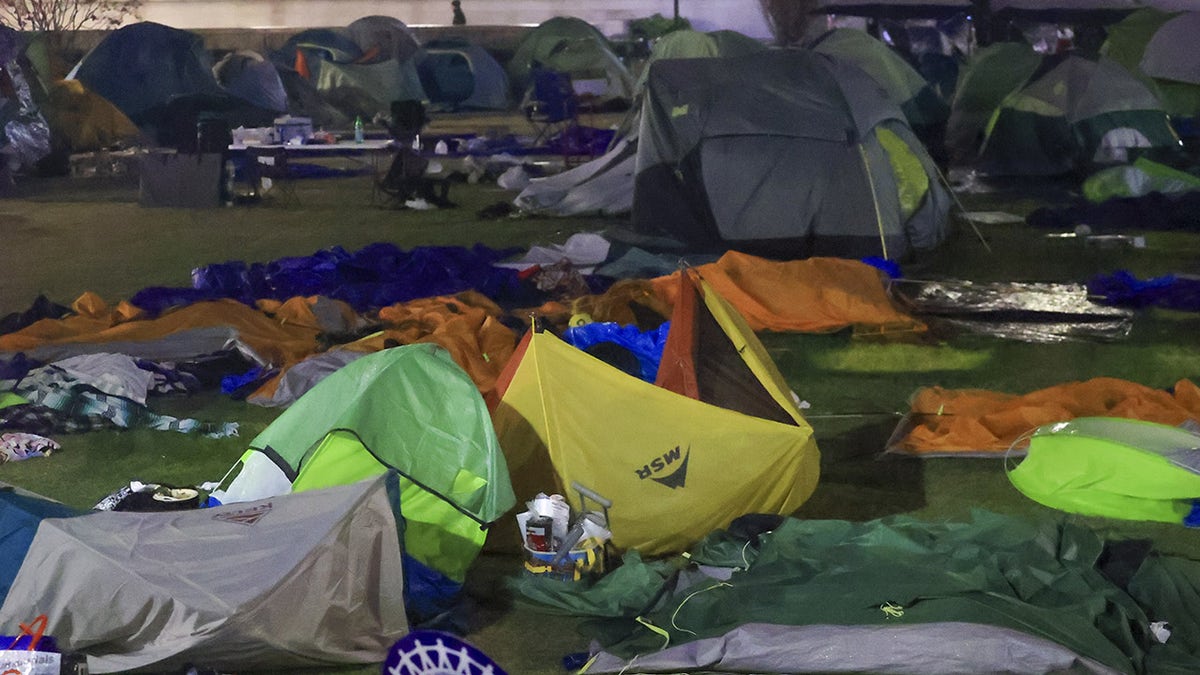
Police dismantled an anti-Israel encampment at Columbia University after protesters barricaded themselves at Hamilton Hall on April 30, 2024. (Selcuk Acar/Anadolu via Getty Images)
NYPD Assistant Commissioner Rebecca Weiner cited how a number of individuals who law enforcement know from over the years as being associated with protests in New York City and elsewhere in other cities have been “doing training around the change in tactics.” Pointing to the campus organization effort, she referenced how demonstrators wore “Black bloc attire,” broke windows, engaged in vandalism and property destruction, barricaded themselves and how “makeshift weapons” were recovered from the encampment. Tactics used by anti-Israel agitators also included “fomenting chaos” and “squatting.”
“That change in tactics combined with the presence of known individuals on campus in the lead up to what happened in Hamilton Hall is why we had a real elevated concern around public safety,” she said, turning to why officers needed protective gear. “When you’re going into a situation that you don’t fully understand what might greet you on the other side of the door. So this is important, and it is not just a New York City issue. It’s obviously not just a Columbia issue. We saw it spread to CCNY last night, but this is unfolding across the country and in Europe as well. So this is a challenge we’re all going to be dealing with for some time.”
Adams said the NYPD “cannot get caught up on what’s the political correct terminology” and instead must focus on public safety and removing “individuals on campus who should not have been there.”
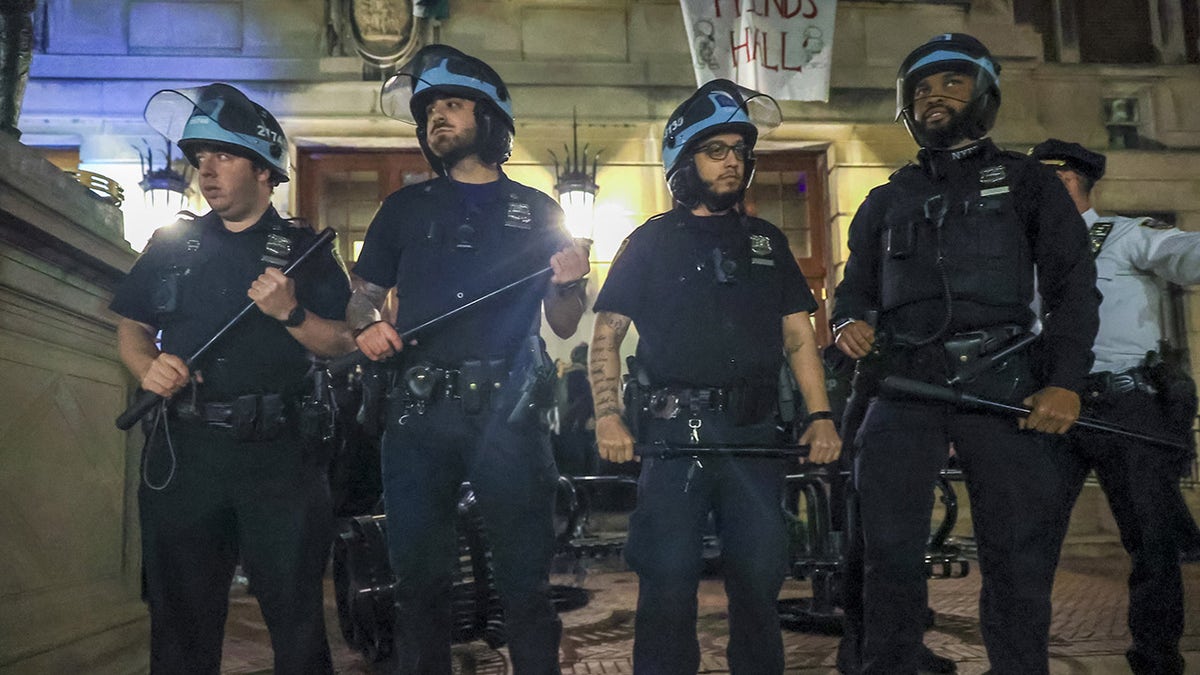
The NYPD at the Hamilton Hall building at Columbia University on April 30, 2024. (Selcuk Acar/Anadolu via Getty Images)
“We saw evidence of training. We saw a shift in tactics that were being used,” Adams said. “And when you start using the intelligence that intel was able to supply, we knew it was time to communicate directly with the school and say, you have more than a peaceful protest on your hands.”
NYPD officials praised the officers’ professionalism, saying that an “overwhelming majority” of those approximately 300 arrests happened without any injuries or serious scuffles with police.
Adams also blasted how protesters took down the American flag and erected a Palestinian flag at campuses.
“That’s our flag folks. Don’t take over our buildings and put another flag up,” the mayor said. “That may be fine to other people, but it’s not to me. My uncle died defending this country and these men and women put their lives on the line and it’s despicable that schools will allow another country’s flag to fly in our country. So blame me for being proud to be an American. And I thank, Commissioner [Kaz] Daughtry, for putting that flag back up. We’re not surrendering our way of life to anyone.”
Politics
As tensions grow, more Americans see China as an enemy

Americans are increasingly concerned about China’s power abroad and want to combat that influence, according to a new poll by the Pew Research Center.
Some 42% of respondents indicated that they consider China an enemy of the United States — up from 34% in 2021 when the Washington-based research organization began asking the question.
The study, published Wednesday, also found 71% of Americans believe China’s global influence has been growing in recent years.
Nearly half of respondents said limiting China’s power should be a top priority for U.S. foreign policy, along with protecting the U.S. from terrorist attacks and curbing the flow of illegal drugs into the country.
The rising suspicion comes as the two countries clash on a growing number of issues and the major candidates in the U.S. presidential election vow to stand tough on China.
Both President Biden and presumptive Republican nominee Donald Trump have expressed concerns about the impact of low-cost Chinese goods on American industries. About two-thirds of respondents in the Pew survey believe that China has a negative impact on U.S. economic conditions.
Biden recently called for the tripling of tariffs on Chinese steel and aluminum to target what he called “unfair trade practices” by China. And on a trip to Beijing last month, Treasury Secretary Janet L. Yellen raised the issue of “overcapacity” in Chinese manufacturing of electric cars and other clean-energy goods.
Last week, U.S. Secretary of State Antony J. Blinken met with Chinese President Xi Jinping and other officials in Beijing to discuss long-simmering sources of tension. Blinken raised the need to stem the supply of fentanyl from China to the U.S. and warned China to stop providing tools and technology to Russia for use in the war in Ukraine.
“Russia would struggle to sustain its assault on Ukraine without China’s support,” Blinken said in a news conference Friday. “I made clear that if China does not address this problem, we will.”
Meanwhile, China’s top diplomat, Wang Yi, criticized the U.S. for using trade policy and sanctions to contain China’s economic development. Wang also reiterated his government’s concerns about U.S. interference in China’s claim on Taiwan and called on Biden to respect Beijing’s sovereignty over the island democracy.
The high-level meetings followed the passage of a U.S. bill that allocated $8 billion in funding for Taiwan. The bill, which Biden signed last week, would also force a ban of TikTok in the U.S. if the Chinese-owned company does not sell its short-video app business.
To assess American attitudes toward China, Pew researchers surveyed a representative sample of 3,600 U.S. adults by mail, text and email during the first week of April.
The survey found that 81% of U.S. adults view China unfavorably, a slight decline from 83% last year but still near the highest level in data going back to 2005. Public opinion has changed radically since 2017, when about 47% of respondents held unfavorable views of China and 43% held favorable ones.
Politics
Newsom, state officials silent on anti-Israel protests at UCLA

California Gov. Gavin Newsom, a Democrat, and other state officials running to replace him after his term is up have refrained from commenting on the anti-Israel protests at the University of California, Los Angeles and the University of California, Berkeley.
Newsom has not released a statement about his stance on the campus protests, as of Wednesday morning.
The governor was asked about the demonstrations during a news conference on a different topic on Tuesday, when he said he and other state officials were “working with the [UC] trustees,” according to KNBC.
“We want to maintain the right to protest without any hate,” Newsom said.
VIDEO SHOWS ANTI-ISRAEL PROTESTERS BLOCK JEWISH STUDENT FROM GETTING TO CLASS; UCLA RESPONDS
Newsom’s office has not released a statement on the campus protests. (Justin Sullivan/Getty Images)
Members of the UC Regents, including Democratic gubernatorial candidates Lt. Gov. Eleni Kounalakis and State Superintendent of Public Instruction Tony Thurmon declined to comment to KNBC. State Assembly Speaker Robert Rivas also declined to comment on the campus protests.
Republicans have openly criticized campus protests in California and across the country, condemning them as antisemitic. But Newsom and his Democratic colleagues have attempted to avoid the subject.
Violence ensued at UCLA late Tuesday night and into Wednesday morning as anti-Israel and pro-Israel demonstrators clashed. Fights broke out, items were thrown and fireworks and what appeared to be pepper spray were deployed.
Dozens of pro-Israeli counter-protestors arrived at around 10:45 p.m. and attempted to dismantle parts of the anti-Israel encampment on UCLA’s campus before deploying fireworks and what appeared to be pepper spray, according to KTLA.
Campus police, along with some medical personnel, showed up at the scene briefly before leaving. But local and state police were noticeably absent from UCLA’s campus initially, for about two hours, amid the violence.
CALIFORNIA UNIVERSITY REVEALS ‘TRUE COST’ OF ANTI-ISRAEL MOB THAT TOOK OVER ACADEMIC BUILDINGS
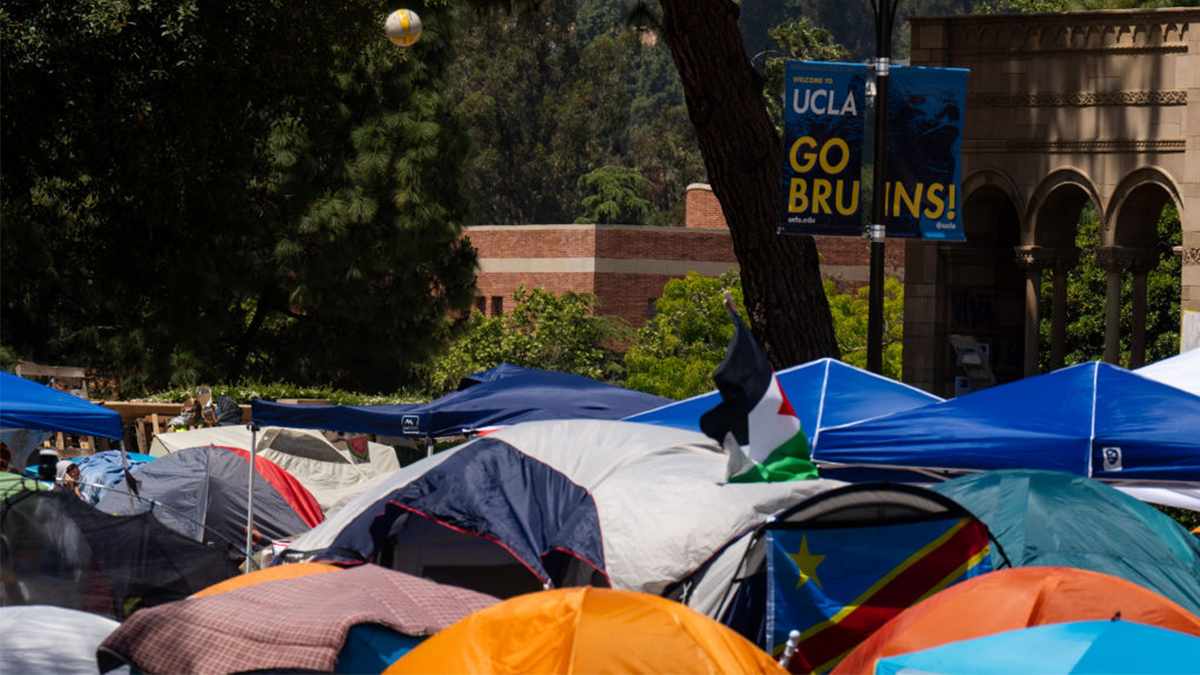
Violence ensued at UCLA late Tuesday night and into Wednesday morning as anti-Israel and pro-Israel demonstrators clashed. (Getty Images)
Los Angeles Police eventually responded to the scene at about 1 a.m. local time.
Newsom’s press office said Wednesday morning on X: “Our office is closely monitoring the situation at @UCLA. Law enforcement leaders are in contact this evening and resources are being mobilized.”
On Monday, a student wearing a necklace with the Star of David was seen on video attempting to walk to class when a wall of what appeared to be masked anti-Israel protesters blocked him from passing through.
“You guys have closed the entrance. We are UCLA students. I have my ID right here. I’m being blocked off, not by the security guard, but by you three,” Eli Tsives said in the video as he walked up to a fenced area with a security guard present. “They’re making a barrier wall. I’m going this way.”
UCLA Vice Chancellor of Strategic Communications Mary Osako issued a statement Tuesday in response to several physical altercations on the campus. She said the university took several actions in response to the altercations, including the addition of more campus law enforcement, safety personnel and student affairs monitors.
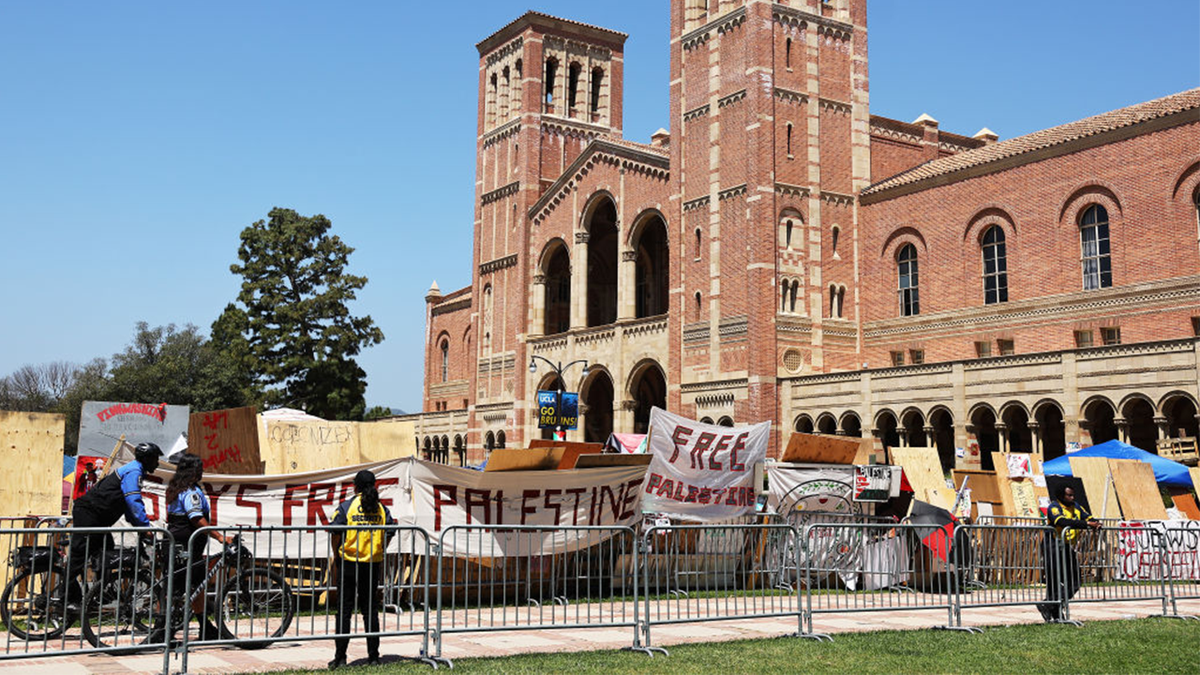
Republicans have openly criticized campus protests in California and across the country. (Getty Images)
Osako also responded to a report of a student being blocked by demonstrators on Monday while attempting to walk to class.
“This kind of disruption to our teaching and learning mission is abhorrent, plain and simple,” Osako said. “As such, we’ve taken several, immediate actions: Our student conduct process has been initiated and could lead to severe disciplinary action including expulsion or suspension. The barriers that demonstrators used to block this student’s access to class have been removed, and we have staff located around Royce Quad to help ensure that they will not go up again. We have also engaged law enforcement to investigate.”
“While the demonstration remains largely peaceful, our campus must remain a place where we treat one another with respect and recognize our shared humanity — not a place where we devolve into violence and bullying,” she added.
-

 Education1 week ago
Education1 week agoVideo: Dozens of Yale Students Arrested as Campus Protests Spread
-

 World6 days ago
World6 days agoHaiti Prime Minister Ariel Henry resigns, transitional council takes power
-

 News7 days ago
News7 days agoLarry Webb’s deathbed confession solves 2000 cold case murder of Susan and Natasha Carter, 10, whose remains were found hours after he died
-

 Politics1 week ago
Politics1 week agoFetterman hammers 'a–hole' anti-Israel protesters, slams own party for response to Iranian attack: 'Crazy'
-

 World1 week ago
World1 week agoPeriod poverty still a problem within the EU despite tax breaks
-

 World7 days ago
World7 days agoUS secretly sent long-range ATACMS weapons to Ukraine
-

 News6 days ago
News6 days agoFirst cargo ship passes through new channel since Baltimore bridge collapse
-

 World1 week ago
World1 week agoTurkey’s Erdogan meets Iraq PM for talks on water, security and trade


